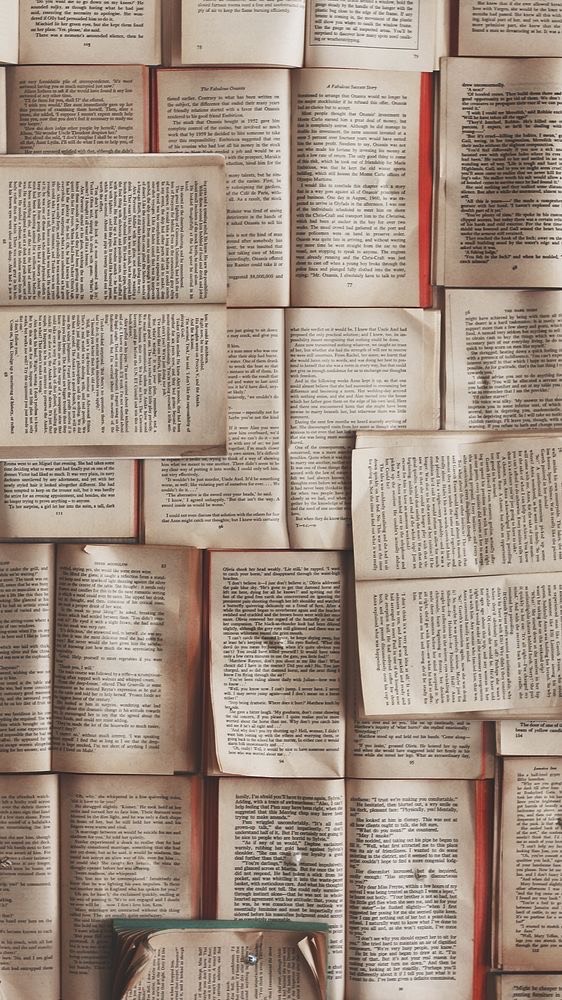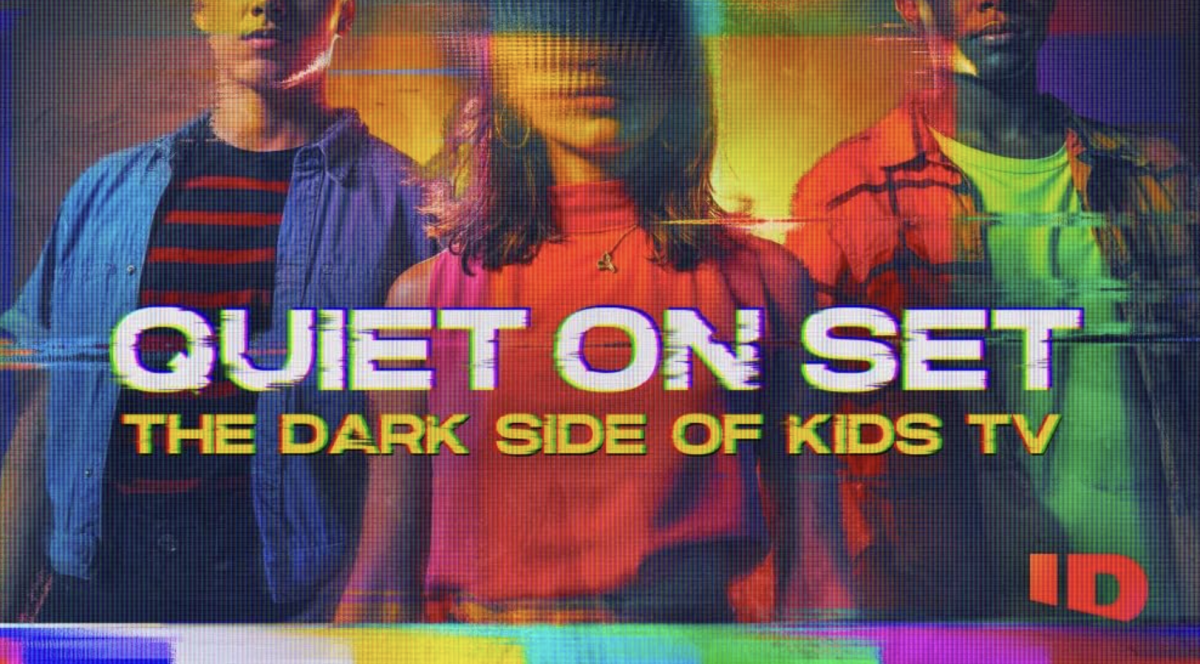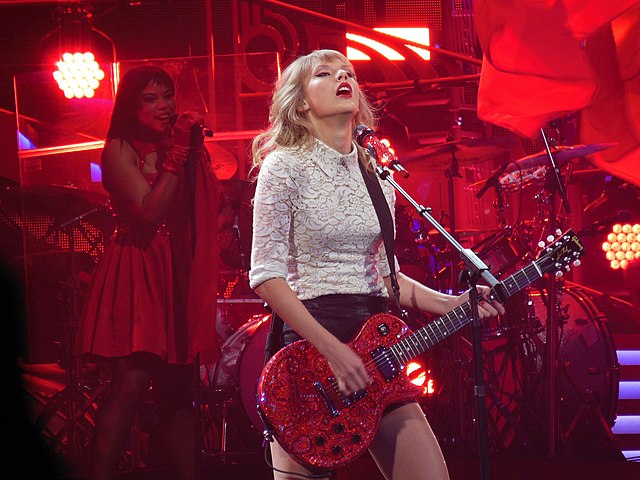While the term “Instapoetry” may be unfamiliar to most, I assure you it is more familiar than you think. You’ve likely seen books of it cluttering the shelves of Target, or — as the name suggests — aesthetically pleasing Instagram posts of these short-form poems accompanied by little doodles. One of the most famous examples of this poetry style is Rupi Kaur’s work “Milk and Honey.” Her book gained so much popularity since its publication that The New Republic went as far to name her the 2010s “Writer of the Decade.” However, Instapoetry shouldn’t be considered poetry in the first place.
The definition of poetry has evolved over time, as the prevalence of free form poetry has shifted away from a strict, metered rhyme scheme. Poetry today still plays with elements of sound and rhyme, but now there is more of a focus on literary devices. Contemporary poets experiment with sound through techniques such as alliteration, assonance, consonance and even rhythm, but they also can carry the message and themes of their poems using extended metaphors, symbolic imagery or diction. Free verse may have risen to prominence among poets, but the technique and skill required of the craft have not disappeared.
Instapoetry lacks all of these defining traits. While there are scant instances of metaphor and a loose grasp on the concept of enjambment, Instapoetry neglects all other literary devices to create a poem that just tells the reader its intended message. This new form of “poetry” lacks any depth or creative use of language, opting instead to utilize straightforward language to explain what is happening in the poem and why. Poetry is meant to be analyzed and nuanced, not over-simplified for the ease of the reader. It allows us to relish and appreciate the complexity of language, and how it can be manipulated to create new meaning.
I am not saying that poetry needs to be long and chock-full of elaborate language to be meaningful and technically well–done. There are many forms of poetry that rely on short lines, like the haiku, just as there are poets that tend to use more simplistic language in their poems when writing. For instance, Mary Oliver was a contemporary poet that focused on environmentalism in her poems and used direct language, but this does not mean she neglected literary techniques to create her poems. E. E. Cummings was an experimental, avant-garde poet of his time, and while he often worked with extremely short lines, they were still layered and skillfully written. In comparison, Instapoetry does not use any of these techniques to advantage producing poetry that usually ends up feeling empty and meaningless.
Despite its shortcomings, some argue that Instapoetry is more accessible to a wider audience and introduces the public to the world of poetry. However, I feel that Instapoetry does more harm than good to the way poetry is currently perceived. At its start, I think Instapoetry inspired many artists, or at least gave people a creative outlet to explore their own experiences and emotions. Yet now, it is mostly deemed cringe-worthy, and I’d have to agree with this sentiment. And when Instapoets claim their work is synonymous with poetry, it damages the reputation of poetry overall, stripping it of its beautiful intricacies. People are beginning to think that all poetry is Instapoetry, so they shy away from the genre entirely.
Beyond this associative bastardization of poetry, Instapoetry comes across hollow not just because of its language, but its purpose. As Instapoetry continues to grow, it becomes more and more of a cash grab than anything else. All the books appear to have the same aesthetic font or cute doodles, accompanied by accessible language and concepts, packed into a simplistic cover. It has become an equation to make money or garner likes rather than a desire to create art. It works too; Instapoetry has risen to popularity on people’s social media feeds and across bookstores in America. Even my mother bought me “Milk and Honey” knowing nothing other than the fact that it was one of the bestselling poetry books out there and that I like to read poetry.
Regardless, poetry shouldn’t be solely viewed as outdated and rigid, nor should it be perceived as overly simple and embarrassing. Not only do we need to expand our views of poetry to do this, but we need to separate the capitalistic, oversimplification of Instapoetry from the genre. Poetry is an art form to be appreciated and examined, not pretty words to accompany sad doodles.
Hailey Furilla can be reached at [email protected].



















